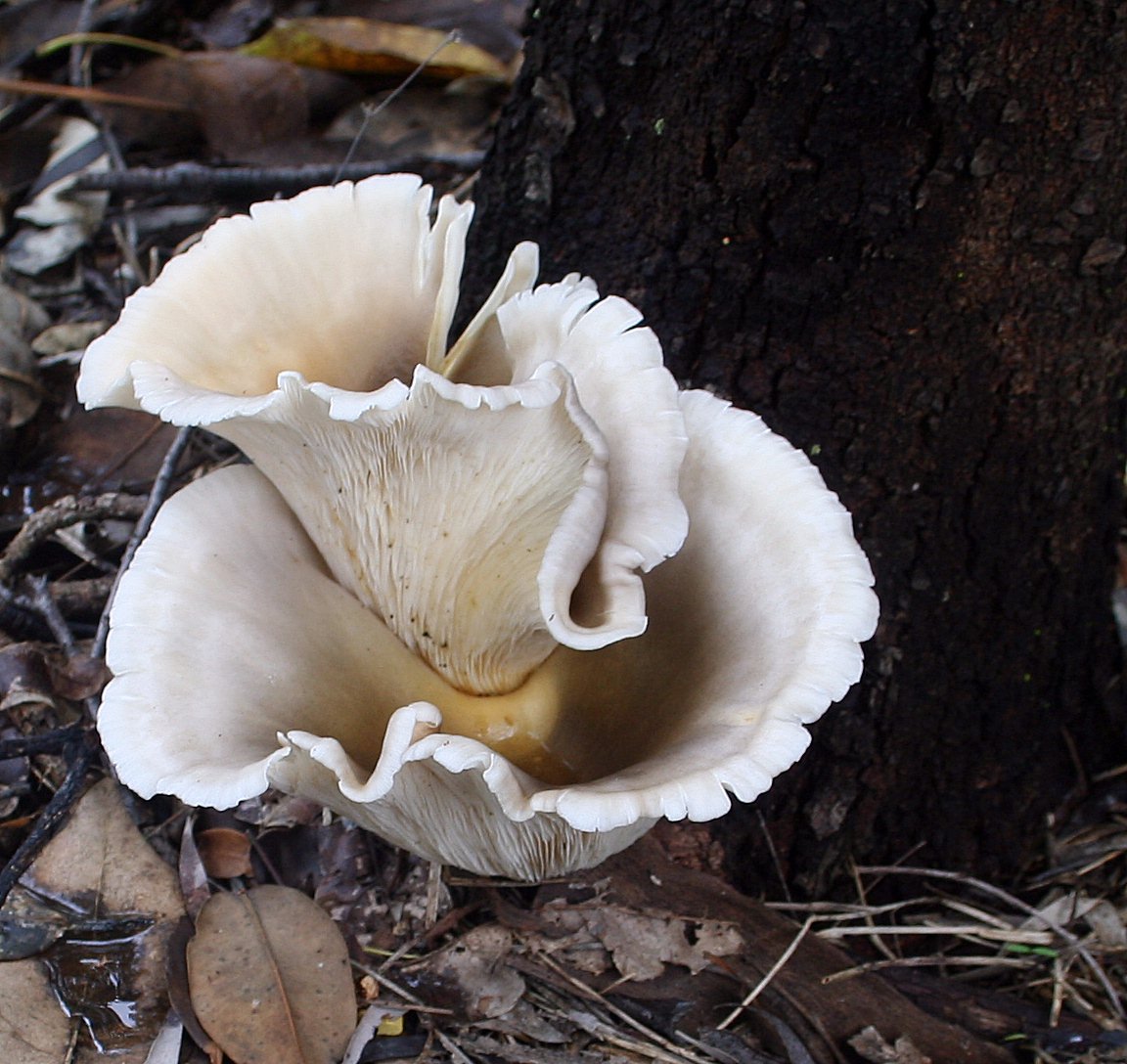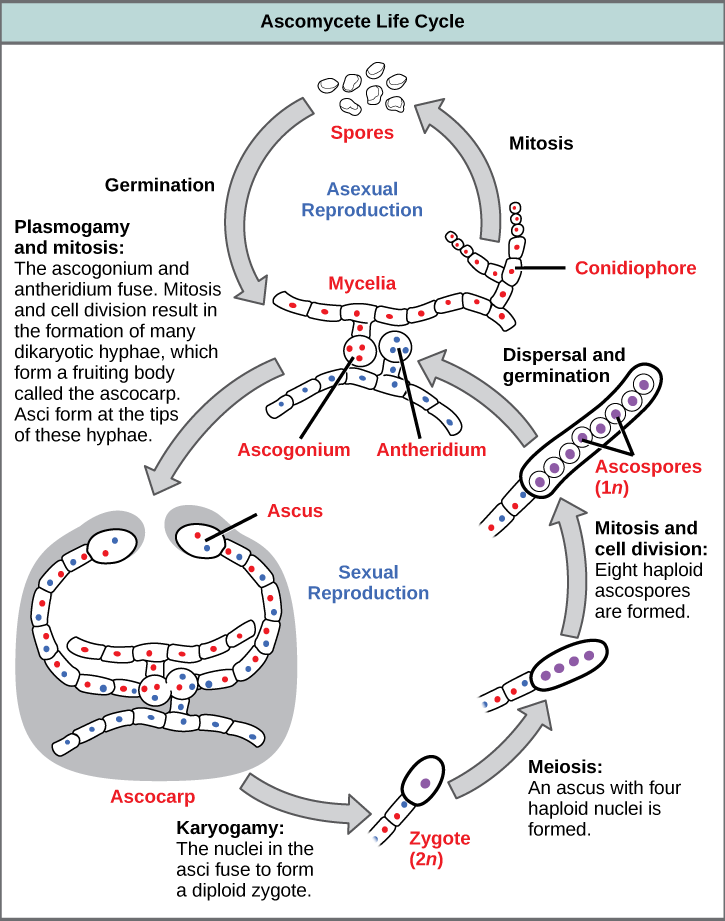|
Otidea Onotica
''Otidea onotica'', commonly known as hare's ear, is a species of apothecial fungus belonging to the family Pyronemataceae. This is a European species occurring singly or in small groups on soil in deciduous woodland, most often with beech Beech (''Fagus'') is a genus of deciduous trees in the family Fagaceae, native to temperate Europe, Asia, and North America. Recent classifications recognize 10 to 13 species in two distinct subgenera, ''Engleriana'' and ''Fagus''. The ''Engle ... trees. The fruiting body appears from spring to early autumn as a deep cup split down one side and elongated at the other side up to in height. The colour is yellow with a pinkish tinge. White hairs cover the short stem. References Other sources * *''Otidea onotica'' at Species Fungorum Pyronemataceae Fungi described in 1801 Taxa named by Christiaan Hendrik Persoon {{Pezizomycetes-stub ... [...More Info...] [...Related Items...] OR: [Wikipedia] [Google] [Baidu] |
Fungi
A fungus ( : fungi or funguses) is any member of the group of eukaryotic organisms that includes microorganisms such as yeasts and molds, as well as the more familiar mushrooms. These organisms are classified as a kingdom, separately from the other eukaryotic kingdoms, which by one traditional classification include Plantae, Animalia, Protozoa, and Chromista. A characteristic that places fungi in a different kingdom from plants, bacteria, and some protists is chitin in their cell walls. Fungi, like animals, are heterotrophs; they acquire their food by absorbing dissolved molecules, typically by secreting digestive enzymes into their environment. Fungi do not photosynthesize. Growth is their means of mobility, except for spores (a few of which are flagellated), which may travel through the air or water. Fungi are the principal decomposers in ecological systems. These and other differences place fungi in a single group of related organisms, named the ''Eumycota'' (''t ... [...More Info...] [...Related Items...] OR: [Wikipedia] [Google] [Baidu] |
Fungus
A fungus ( : fungi or funguses) is any member of the group of eukaryotic organisms that includes microorganisms such as yeasts and molds, as well as the more familiar mushrooms. These organisms are classified as a kingdom, separately from the other eukaryotic kingdoms, which by one traditional classification include Plantae, Animalia, Protozoa, and Chromista. A characteristic that places fungi in a different kingdom from plants, bacteria, and some protists is chitin in their cell walls. Fungi, like animals, are heterotrophs; they acquire their food by absorbing dissolved molecules, typically by secreting digestive enzymes into their environment. Fungi do not photosynthesize. Growth is their means of mobility, except for spores (a few of which are flagellated), which may travel through the air or water. Fungi are the principal decomposers in ecological systems. These and other differences place fungi in a single group of related organisms, named the ''Eumycota'' (''true f ... [...More Info...] [...Related Items...] OR: [Wikipedia] [Google] [Baidu] |
HarperCollins
HarperCollins Publishers LLC is one of the Big Five English-language publishing companies, alongside Penguin Random House, Simon & Schuster, Hachette, and Macmillan. The company is headquartered in New York City and is a subsidiary of News Corp. The name is a combination of several publishing firm names: Harper & Row, an American publishing company acquired in 1987—whose own name was the result of an earlier merger of Harper & Brothers (founded in 1817) and Row, Peterson & Company—together with Scottish publishing company William Collins, Sons (founded in 1819), acquired in 1989. The worldwide CEO of HarperCollins is Brian Murray. HarperCollins has publishing groups in the United States, Canada, the United Kingdom, Australia, New Zealand, Brazil, India, and China. The company publishes many different imprints, both former independent publishing houses and new imprints. History Collins Harper Mergers and acquisitions Collins was bought by Rupert Murdoch's News Corpora ... [...More Info...] [...Related Items...] OR: [Wikipedia] [Google] [Baidu] |
Frances Lincoln Publishers
Frances Elisabeth Rosemary Lincoln (20 March 1945 – 26 February 2001) was an English independent publisher of illustrated books. She published under her own name and the company went on to become Frances Lincoln Publishers. In 1995, Lincoln won the ''Woman of the Year for Services to Multicultural Publishing'' award. Education Frances Lincoln went "unhappily" to school in Bedford, moving after a year to St George's School, Harpenden, where she became Head Girl. Her university education was at Somerville College, Oxford. (Somerville at that time was a women's college, known in Oxford as "the bluestocking college".) There she read Greats (the Oxford term for traditional courses in the humanities, with emphasis on the ancient classics of Greece and Rome, including philosophy). A fellow-student, the drug smuggler Howard Marks, described her as "vivacious" in his 1996 autobiography '' Mr. Nice''. Career In 1970, Lincoln started work as an Assistant Editor at the London-based p ... [...More Info...] [...Related Items...] OR: [Wikipedia] [Google] [Baidu] |
Hamlyn (publisher)
Hamlyn is a UK publishing company founded by Paul Hamlyn in 1950 with an initial investment of £350. His desire was to create "fine books with the common touch" which remains the foundation of its commercial success. It is part of the Octopus Publishing Group, now owned by Hachette Livre. History Paul Hamlyn sold the company to the International Publishing Company (now Time Inc. UK) in 1964, but stayed on until 1969. In 1964 Hamlyn commenced in Australia under the management of Kevin Weldon. It owned an interest in the Australian independent paperback publisher Sun Books from 1968 until 1971 when Macmillan Australia acquired that company. Paul Hamlyn bought the company back in 1986 and added it to the holdings of his new company, Octopus Books. Octopus was sold in 1987 to Reed International. Hamlyn's children's division was sold to the Egmont Group in 1998. Hachette Livre bought Octopus in 2001. Hamlyn is an international publisher of non-fiction illustrated books. Two thi ... [...More Info...] [...Related Items...] OR: [Wikipedia] [Google] [Baidu] |
Beech
Beech (''Fagus'') is a genus of deciduous trees in the family Fagaceae, native to temperate Europe, Asia, and North America. Recent classifications recognize 10 to 13 species in two distinct subgenera, ''Engleriana'' and ''Fagus''. The ''Engleriana'' subgenus is found only in East Asia, distinctive for its low branches, often made up of several major trunks with yellowish bark. The better known ''Fagus'' subgenus beeches are high-branching with tall, stout trunks and smooth silver-grey bark. The European beech (''Fagus sylvatica'') is the most commonly cultivated. Beeches are monoecious, bearing both male and female flowers on the same plant. The small flowers are unisexual, the female flowers borne in pairs, the male flowers wind-pollinating catkins. They are produced in spring shortly after the new leaves appear. The fruit of the beech tree, known as beechnuts or mast, is found in small burrs that drop from the tree in autumn. They are small, roughly triangular, and edible, w ... [...More Info...] [...Related Items...] OR: [Wikipedia] [Google] [Baidu] |
Deciduous
In the fields of horticulture and Botany, the term ''deciduous'' () means "falling off at maturity" and "tending to fall off", in reference to trees and shrubs that seasonally shed leaves, usually in the autumn; to the shedding of petals, after flowering; and to the shedding of ripe fruit. The antonym of ''deciduous'' in the botanical sense is evergreen. Generally, the term "deciduous" means "the dropping of a part that is no longer needed or useful" and the "falling away after its purpose is finished". In plants, it is the result of natural processes. "Deciduous" has a similar meaning when referring to animal parts, such as deciduous antlers in deer, deciduous teeth (baby teeth) in some mammals (including humans); or decidua, the uterine lining that sheds off after birth. Botany In botany and horticulture, deciduous plants, including trees, shrubs and herbaceous perennials, are those that lose all of their leaves for part of the year. This process is called abscissio ... [...More Info...] [...Related Items...] OR: [Wikipedia] [Google] [Baidu] |
Europe
Europe is a large peninsula conventionally considered a continent in its own right because of its great physical size and the weight of its history and traditions. Europe is also considered a Continent#Subcontinents, subcontinent of Eurasia and it is located entirely in the Northern Hemisphere and mostly in the Eastern Hemisphere. Comprising the westernmost peninsulas of Eurasia, it shares the continental landmass of Afro-Eurasia with both Africa and Asia. It is bordered by the Arctic Ocean to the north, the Atlantic Ocean to the west, the Mediterranean Sea to the south and Asia to the east. Europe is commonly considered to be Boundaries between the continents of Earth#Asia and Europe, separated from Asia by the drainage divide, watershed of the Ural Mountains, the Ural (river), Ural River, the Caspian Sea, the Greater Caucasus, the Black Sea and the waterways of the Turkish Straits. "Europe" (pp. 68–69); "Asia" (pp. 90–91): "A commonly accepted division between Asia and E ... [...More Info...] [...Related Items...] OR: [Wikipedia] [Google] [Baidu] |
Apothecia
An ascocarp, or ascoma (), is the fruiting body ( sporocarp) of an ascomycete phylum fungus. It consists of very tightly interwoven hyphae and millions of embedded asci, each of which typically contains four to eight ascospores. Ascocarps are most commonly bowl-shaped (apothecia) but may take on a spherical or flask-like form that has a pore opening to release spores (perithecia) or no opening (cleistothecia). Classification The ascocarp is classified according to its placement (in ways not fundamental to the basic taxonomy). It is called ''epigeous'' if it grows above ground, as with the morels, while underground ascocarps, such as truffles, are termed ''hypogeous''. The structure enclosing the hymenium is divided into the types described below (apothecium, cleistothecium, etc.) and this character ''is'' important for the taxonomic classification of the fungus. Apothecia can be relatively large and fleshy, whereas the others are microscopic—about the size of flecks of ... [...More Info...] [...Related Items...] OR: [Wikipedia] [Google] [Baidu] |
Ascomycota
Ascomycota is a phylum of the kingdom Fungi that, together with the Basidiomycota, forms the subkingdom Dikarya. Its members are commonly known as the sac fungi or ascomycetes. It is the largest phylum of Fungi, with over 64,000 species. The defining feature of this fungal group is the " ascus" (), a microscopic sexual structure in which nonmotile spores, called ascospores, are formed. However, some species of the Ascomycota are asexual, meaning that they do not have a sexual cycle and thus do not form asci or ascospores. Familiar examples of sac fungi include morels, truffles, brewers' and bakers' yeast, dead man's fingers, and cup fungi. The fungal symbionts in the majority of lichens (loosely termed "ascolichens") such as ''Cladonia'' belong to the Ascomycota. Ascomycota is a monophyletic group (it contains all descendants of one common ancestor). Previously placed in the Deuteromycota along with asexual species from other fungal taxa, asexual (or anamorphic) ascomyce ... [...More Info...] [...Related Items...] OR: [Wikipedia] [Google] [Baidu] |
Karl Wilhelm Gottlieb Leopold Fuckel
Karl Wilhelm Gottlieb Leopold Fuckel (3 February 1821 – 8 May 1876) was a German botanist who worked largely on fungi. He worked as an apothecary from 1836 to 1852, afterwards deriving income from a vineyard he owned in Oestrich im Rheingau.ADB:Fuckel, Leopold @ The species epithet in the binomen '''', a plant pathogen and the causal agent of disease, was named ... [...More Info...] [...Related Items...] OR: [Wikipedia] [Google] [Baidu] |
Pers
{{geodis ...
Pers may refer to: * Pers, Cantal, France, a commune near Aurillac * Pers, Deux-Sèvres, France, a commune near Poitiers * ''Pers.'', taxonomic author abbreviation for mycologist Christiaan Hendrik Persoon *Persian language PERS may refer to: * Personal Emergency Response System See also * * * Person (other) * Perse (other) * Per (other) Per is a Latin preposition which means "through" or "for each", as in per capita. Per or PER may also refer to: Places * IOC country code for Peru * Pér, a village in Hungary * Chapman code for Perthshire, historic county in Scotland Math ... [...More Info...] [...Related Items...] OR: [Wikipedia] [Google] [Baidu] |




